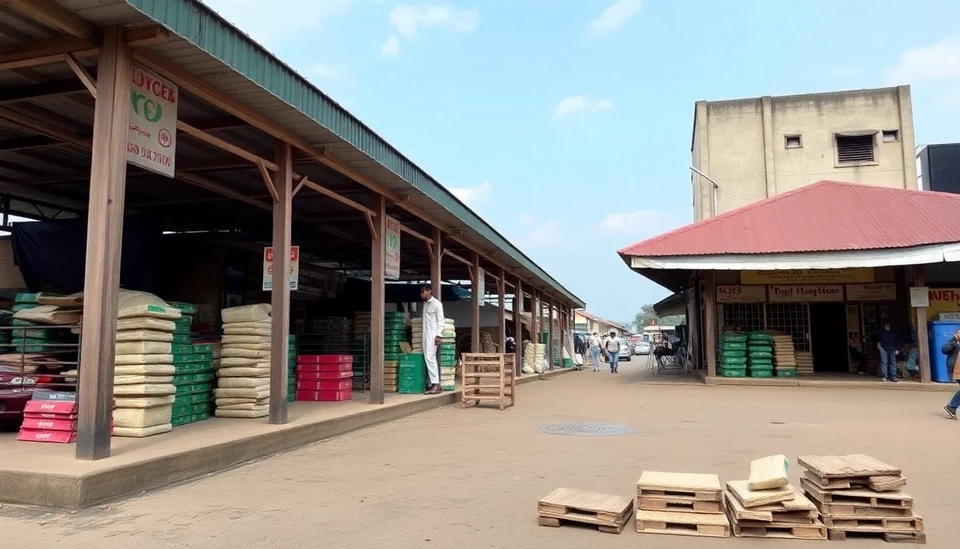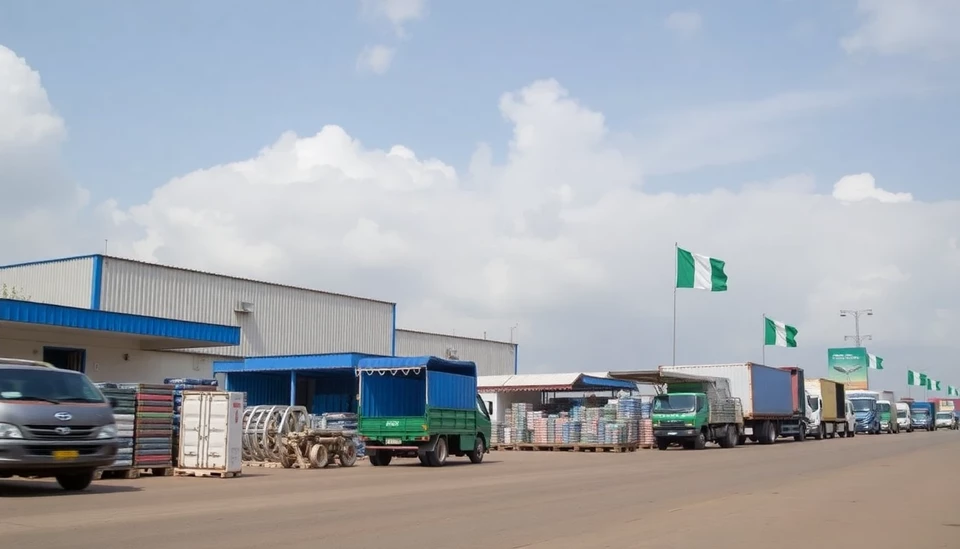
In a significant development for Nigeria’s economy, analysts have expressed optimism that the country's historically high inflation rate may soon be on a downward trajectory following an extensive revamp of the national statistical data collection methods. This transformational effort, aimed at improving the accuracy of economic indicators, has sparked renewed hope among economists and policymakers alike.
Nigeria has been grappling with soaring inflation, a challenge that has persisted for years and has significantly affected the purchasing power of its citizens. The Consumer Price Index (CPI), which measures the rate of price changes in consumer goods and services, has seen fluctuations that have often confounded expert predictions. However, recent adjustments to the data collection framework by the National Bureau of Statistics (NBS) are anticipated to provide a clearer picture of the economic situation.
As part of the statistical reboot, the NBS has revamped methodologies for calculating key economic indicators, especially those tied to inflation. This move is expected to yield a more reliable CPI that reflects true market conditions better than before. Analysts believe that with this enhanced dataset, the authorities can undertake a more informed analysis of inflation drivers, enabling more effective monetary policies.
Key contributors to the inflation spike in Nigeria have included rising food prices, energy costs, and security challenges affecting agricultural production. As the NBS implements its new system for capturing price changes, these factors may be reassessed, hopefully leading to more stabilized rates in the coming months.
In particular, economists have noted that immediate impacts could manifest in reduced volatility in food pricing—a vital component given that food accounts for a substantial portion of the average Nigerian's expenses. With seasonal harvests becoming more predictable and supply chains stabilizing, the likelihood of reduced food inflation appears plausible.
Despite these hopeful projections, experts insist that vigilance is necessary. Global economic conditions, particularly fluctuations in oil prices and potential geopolitical tensions, will continue to exert influence. Additionally, any measures taken to address inflation must carefully balance between controlling price rises and ensuring sustainable economic growth.
As Nigeria marches forward with these critical improvements in economic data management, the long-term impacts remain to be seen. A careful watch will be maintained on the inflation metrics, particularly as the government releases updated figures over the next few months.
In summary, it appears that Nigeria is entering a pivotal phase in its economic journey, one where improved data accuracy could pave the way for effective interventions against perennial inflation challenges. Stakeholders are hopeful that the comprehensive analysis afforded by these changes will not only help stabilize prices but eventually lead to enhanced economic growth prospects for the nation.
With policymakers aiming to harness this potential, the priority will be on fostering an environment conducive to economic resilience, ensuring that the burden of inflation does not weigh heavily on the average consumer. By adapting to these new statistical tools, there could be a worthwhile opportunity for Nigeria to reshape its economic landscape.
#Nigeria #Inflation #Economy #Statistics #ConsumerPrices #MonetaryPolicy #EconomicGrowth
Author: Rachel Greene




